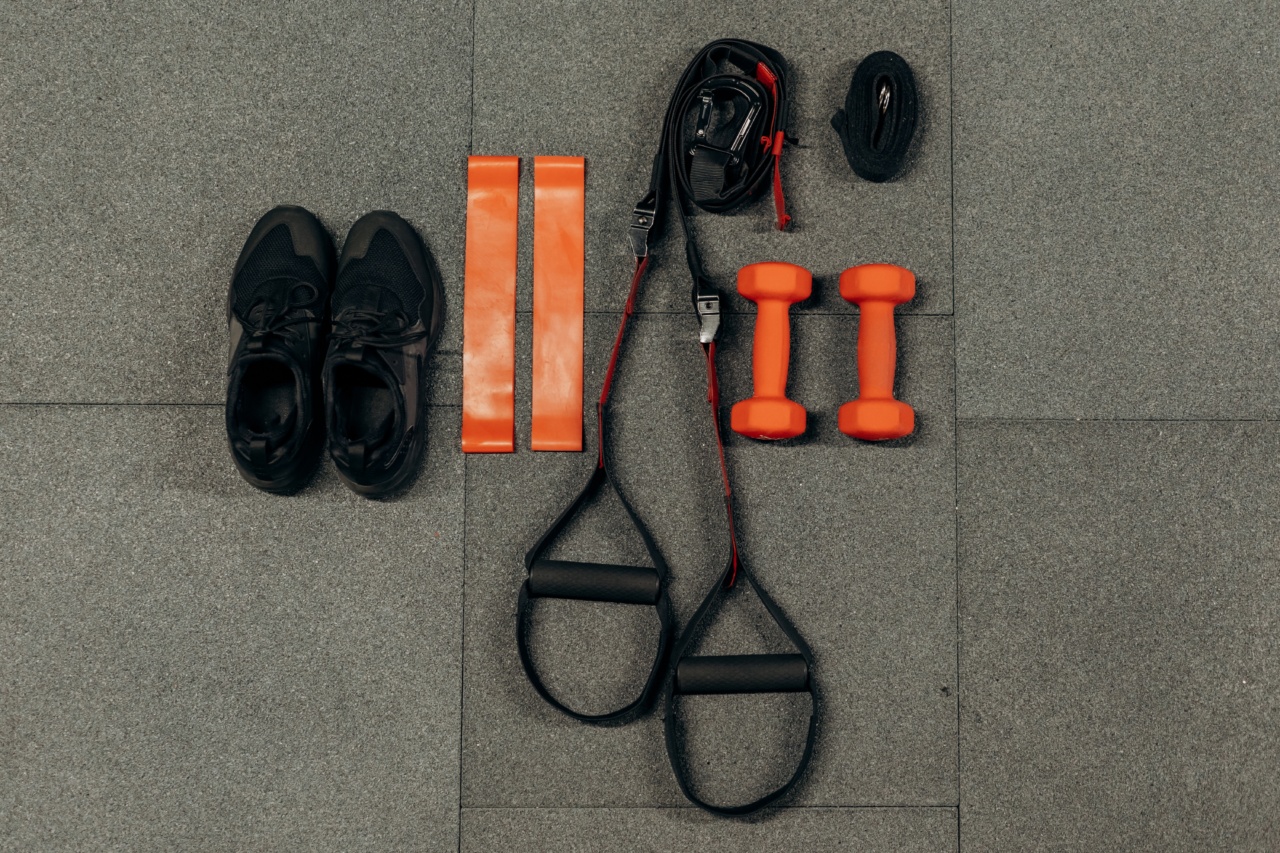Living with an autoimmune disease can be challenging, especially when it comes to exercise and physical activity. One of the most common symptoms of autoimmune diseases is fatigue, which can make it difficult to stick to an exercise routine.
However, regular exercise has been shown to improve overall health and reduce fatigue, making it an essential part of managing autoimmune diseases. In this article, we will discuss how to enhance your exercise program to reduce fatigue and improve your overall well-being.
Understanding Autoimmune Diseases
Autoimmune diseases occur when the body’s immune system mistakenly attacks healthy cells and tissues, causing inflammation and damage.
There are over 80 different types of autoimmune diseases, including lupus, rheumatoid arthritis, and multiple sclerosis. Symptoms can vary depending on the type of autoimmune disease, but one of the most common is fatigue. This can make it challenging to engage in physical activity, which can lead to further muscle weakness and fatigue.
The Importance of Exercise
Regular exercise is essential for everyone’s health, but it is especially important for people with autoimmune diseases. Exercise can help reduce inflammation, improve cardiovascular health, and boost mood and energy levels.
However, it is essential to find an exercise routine that works for your body and your autoimmune disease. Many people with autoimmune diseases find that low-impact exercises such as yoga, Pilates, and swimming are most comfortable and efficient in reducing fatigue.
Enhancing Your Exercise Program
While exercise is beneficial for everyone, people with autoimmune diseases must be mindful of overexertion as it can exacerbate fatigue. Below are some suggestions for enhancing your exercise program:.
- Gradual Progression: Start with a slow and steady workout routine. Gradually increase the intensity and duration as you build strength and energy.
- Stretching and Mindful Movement: Adding stretches and mindful movements such as yoga, tai chi, or Pilates can help reduce joint pain and stiffness while promoting relaxation and reducing stress.
- Resistance Training: Strength training can help build muscle strength and endurance, leading to improved balance and coordination. Be sure to use proper form and start with low weights to prevent injuries.
- Flexibility Exercises: Flexibility exercises such as stretching or a regular warm-up before exercising can help reduce the risk of injury, reduce discomfort, and enhance your range of motion.
Managing Fatigue
People with autoimmune diseases may struggle with fatigue, which can make it challenging to engage in physical activity. Some strategies to manage fatigue during exercise include:.
- Setting Realistic Goals: It’s essential to set realistic exercise goals that are achievable yet challenging.
- Active Rest: Take regular breaks, stretch, and take a short walk to help overcome fatigue during exercise sessions.
- Hydration: Drink plenty of water before, during, and after exercise to avoid dehydration, which can contribute to fatigue.
- Proper Nutrition: Eating balanced meals and snacks before and after exercise can help provide the necessary energy required for exercise and recovery.
Common Concerns
People with autoimmune diseases may find it challenging to exercise due to various concerns such as pain, joint stiffness, and fear of causing injury. The following are strategies for addressing these concerns:.
- Consult with a Doctor: Consult a medical professional before starting any new exercise routine to prevent or manage existing health conditions.
- Work with a Trainer: Work with a certified personal trainer to develop an exercise program tailored to your specific needs and concerns.
- Engage in Group Exercise: Group exercise classes can provide some degree of social support and motivation while helping to alleviate concerns about exercise techniques and injury.
Conclusion
Physical activity and exercise are essential for managing autoimmune diseases and reducing associated fatigue.
While some may find it difficult to engage in physical activity due to their autoimmune condition, with thoughtful planning and reasonable expectations, anyone can enhance their wellness. It is critical to seek guidance from healthcare professionals and exercise specialists to develop an exercise program that caters to the specific needs of each individual.































